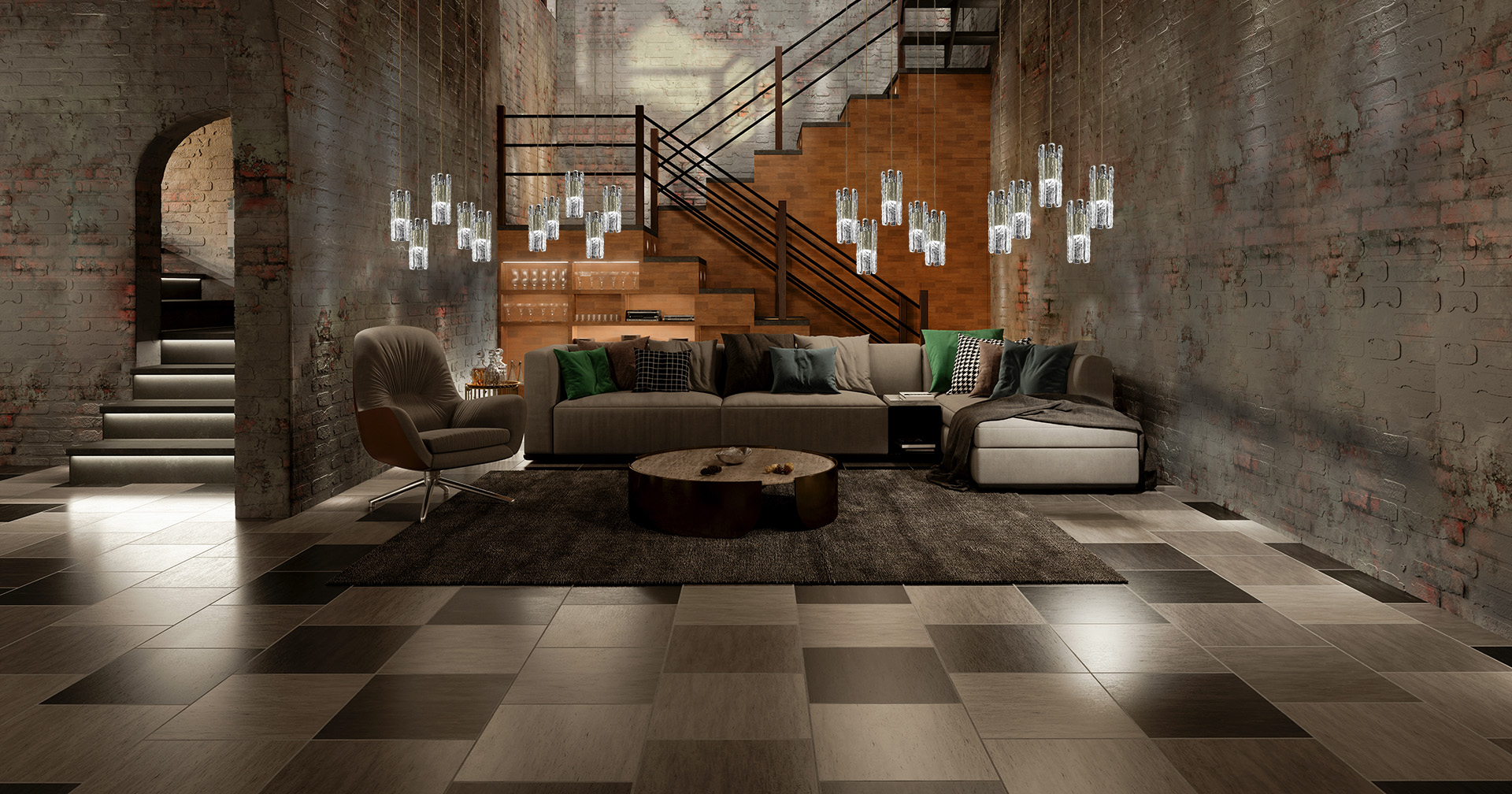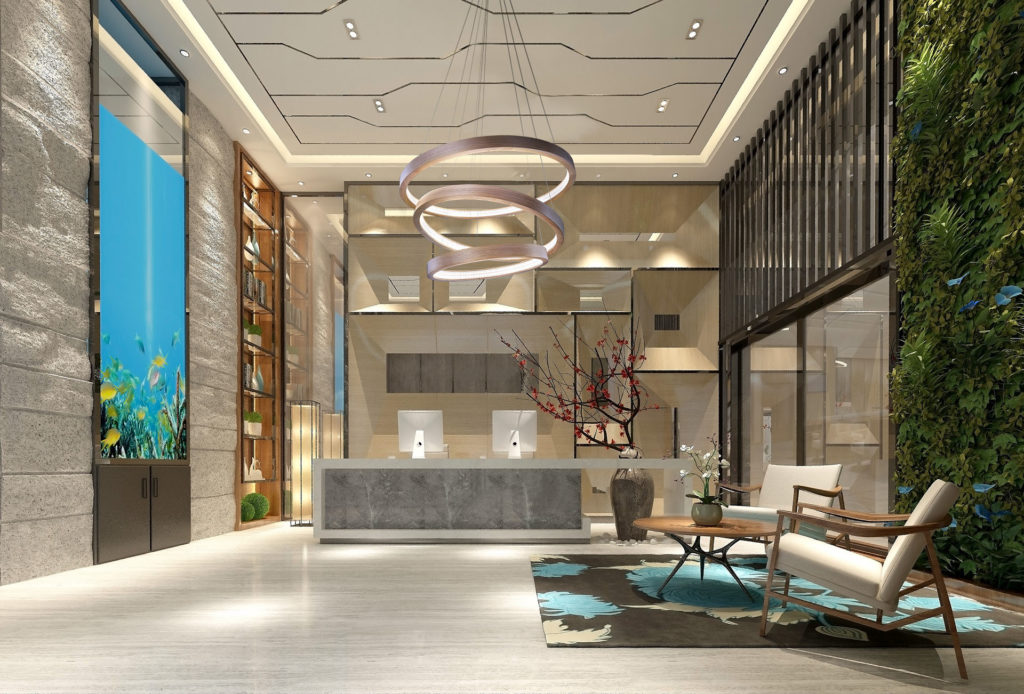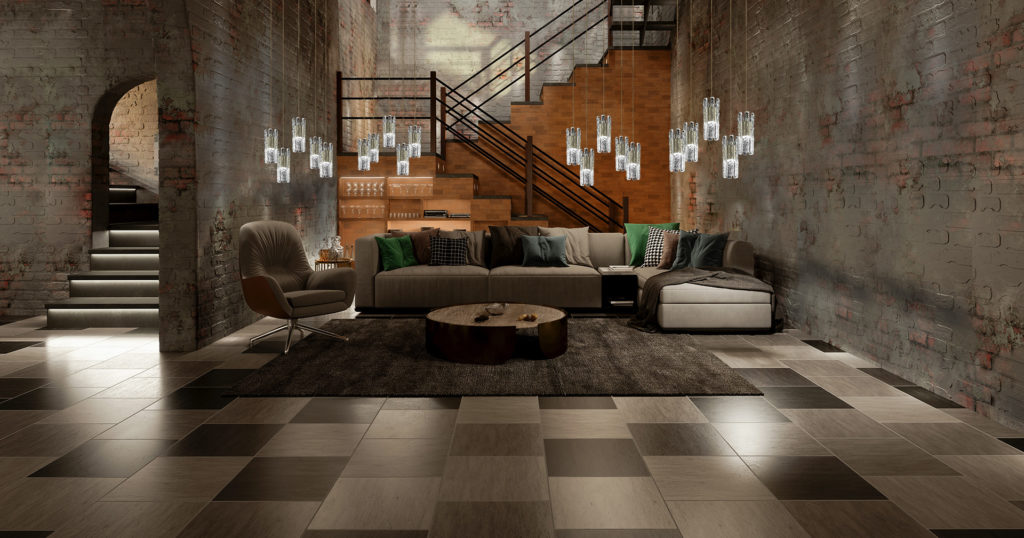
How to manage the lighting of a hotel
Knowing the importance of lighting for an hotel and the sector trends is essential to approach a complete lighting project for hotels.
Hospitality is a world in continuous evolution and, compared to the past, the change seems to have become even faster, so much so that hotels must constantly update, renew themselves, adapting to the changes underway.
A good hotel must be able to make the guest feel at home, with a warm and hospitable atmosphere.
The lighting of the hotel contributes significantly to the experience of the guest, not so much for the function related to visibility, but for the emotions that it is able to arouse.
The atmosphere you need to recreate with the right lights must be welcoming, pleasant and functional, so as to allow guests to easily and comfortably orient themselves in any space of the hotel.

For example, the lobby of a hotel, often considered a crossing point, a simple transit to reach the rooms or other areas of the structure, is actually a very important space, as it provides the first impression of the structure, makes guests understand where they are, the tone and type of hotel.
The light will be able to convey exactly the image that the hotel wants to give its guests.
Therefore, designing the right lighting is essential: depending on the identity of the hotel, you can choose to light up the reception desk with a scenic installation by using a solution with a simpler but still impactful form, as in the case of Libe.
In public areas such as a lounge it is important to recreate an intimate and relaxing atmosphere, so the light will have to ensure the right lighting without being too strong.
On a stylistic side one can dare in some cases to work with contrasts, inserting more classic chandeliers such as Vegas in modern contexts.

In the rooms, however, the light must take on a more practical but flexible role. It should be possible to adjust it according to your needs. Adopting a lighting system that can adapt to the needs of the guest, means allowing him to recreate in an autonomous and impromptu way the atmosphere most pleasing to him. Iglù is perfect thanks also to the system of dimerability, which will allow the guest to adjust the intensity of the light according to his needs.

In corridors, the light must be functional to identify the path to the rooms, stairs, or access to elevators, so it is necessary to vary the lighting levels, often mixing technical lighting with decorative lighting, in order to ensure the right lighting with even a dose of design.
Iglù is a transversal collection, which finds its correct application even in the case of a corridor of a hotel, being able to manage the length of the cables as appropriate.
